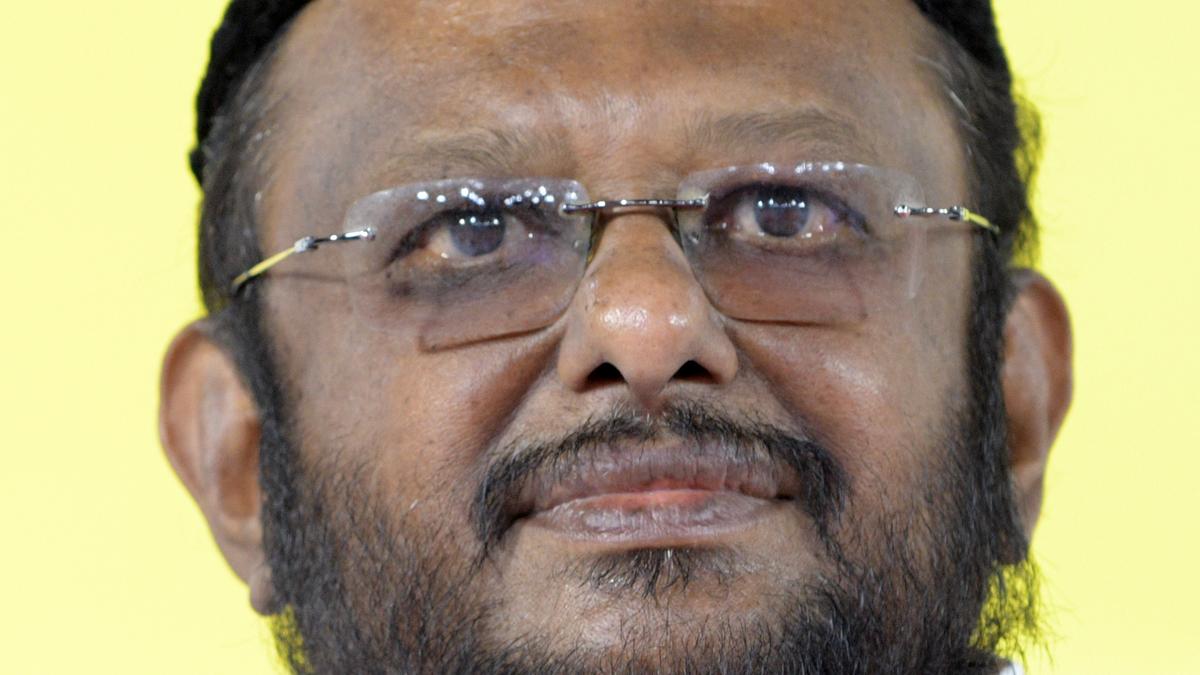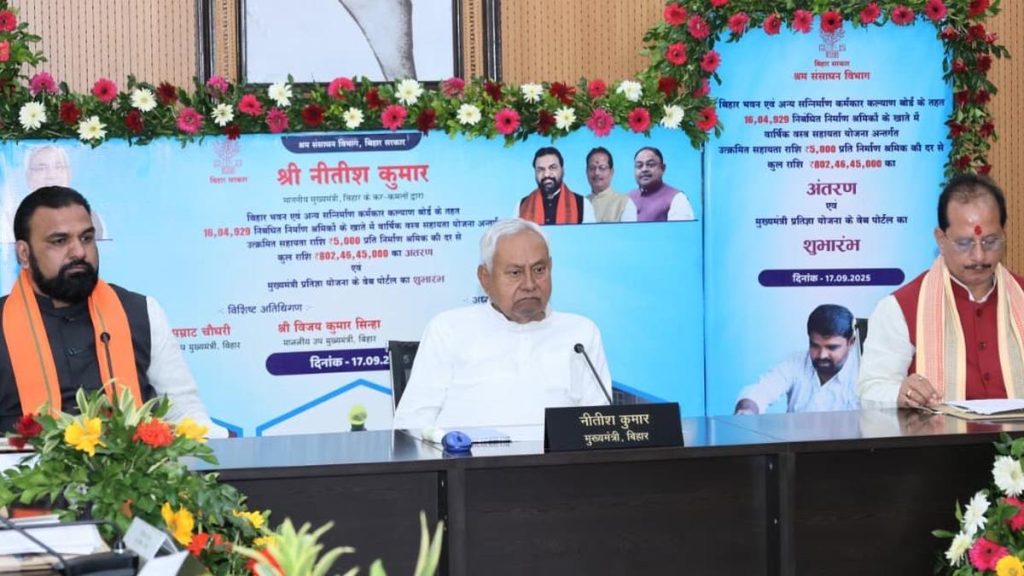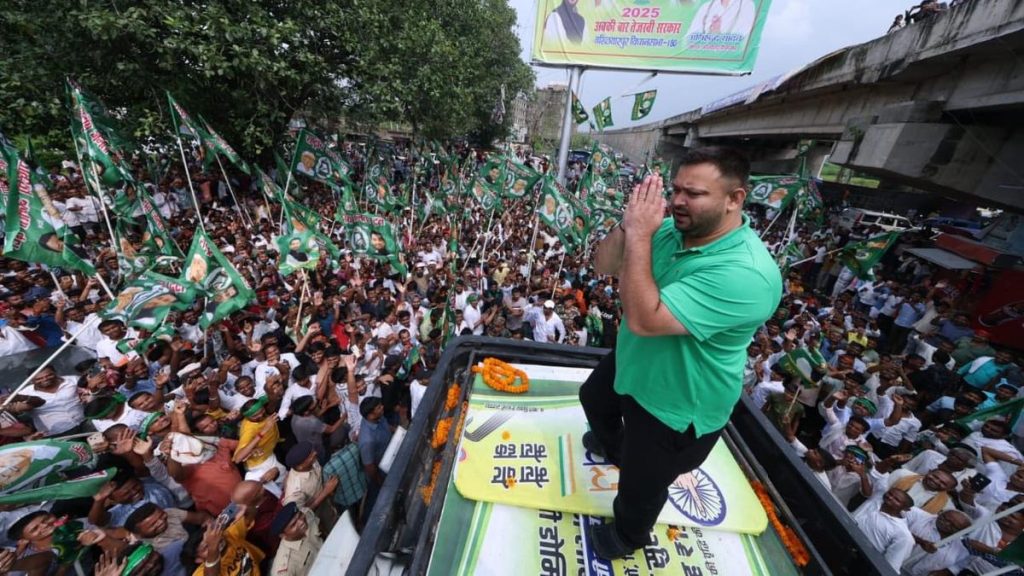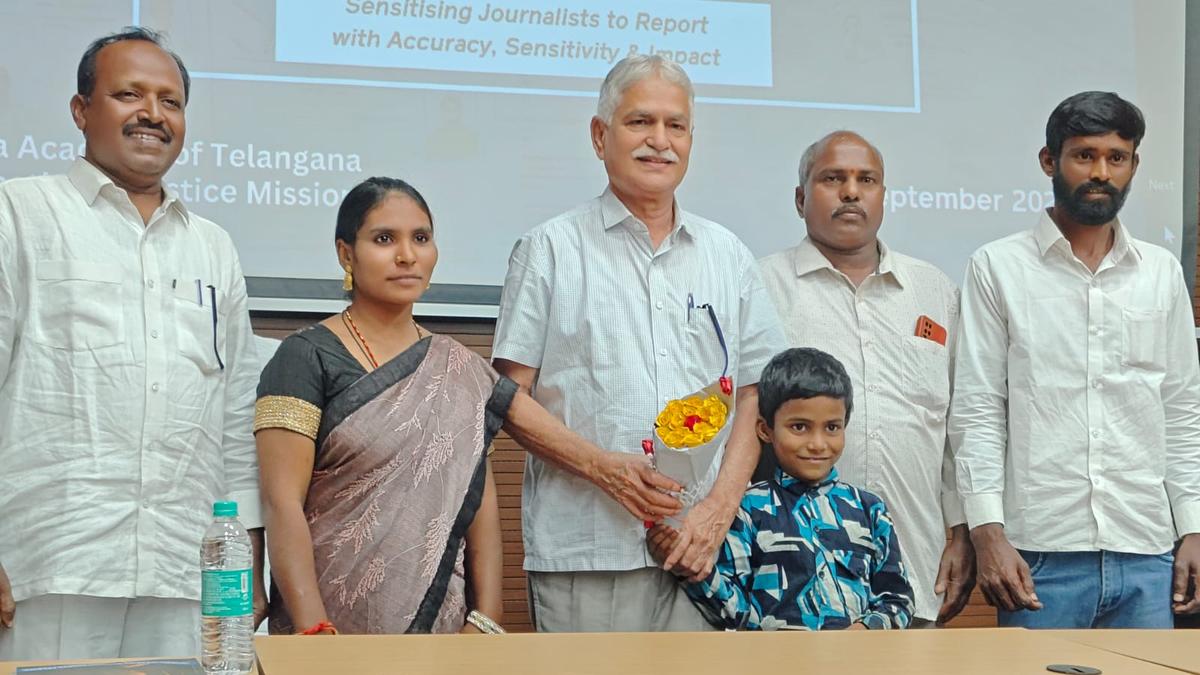Now Reading: Supreme Court Declines Stay on Waqf Act Amendments, Draws Criticism from Jawahirullah
-
01
Supreme Court Declines Stay on Waqf Act Amendments, Draws Criticism from Jawahirullah
Supreme Court Declines Stay on Waqf Act Amendments, Draws Criticism from Jawahirullah

Quick Summary
- Statement on supreme Court Verdict: Manithaneya Makkal katchi president, M.H. jawahirullah expressed disappointment over the Supreme Court’s refusal to fully stay amendments to the Waqf (amendment) Act, 2025, alleging it overlooked constitutional violations.
- Selective Review of Amendments: He criticized the court for addressing only parts of the 44 amendments introduced by the BJP government, leaving regressive provisions intact.
- Controversy Over Non-Muslim Members: The court upheld provisions allowing non-Muslims on Central and State Waqf Boards, which Jawahirullah described as discriminatory when compared with Hindu or Sikh boards.
- Interim Measures Approved: Certain provisions like requiring proof of practicing Islam for at least five years before creating a Waqf were stayed by the court. Though, concerns remained about state governments defining Muslim eligibility criteria.
- Impact on Ancient Properties: The interim order on ‘Waqf by User’ raised alarm over threats to historic mosques and graveyards established through community usage without formal documentation.
- Deleted Provisions Unaddressed: concerns cited regarding three sections removed from the original Act-creation of Waqfs by non-Muslims (Section 104), exemptions from recovery laws relating to encroached Waqf properties (Section 107), and special rules concerning evacuee properties (Section 108).
President Jawahirullah called for a complete repeal of what he considers a harmful amendment that weakens protections around Waqf properties.
Indian Opinion Analysis
The controversy surrounding parts of the amended Waqf Act underscores ongoing tensions between legal frameworks designed for religious minority institutions and broader societal values in India’s pluralistic democracy. While staying certain provisions may protect basic rights temporarily-as a notable example, preserving historical community sites-questions remain about broader implications such as inclusion policies that allow non-Muslims in governing roles. Critics argue this introduces inconsistencies across religions likely leading to further debates around fairness and discrimination.
Moreover, delegation of authority over defining individual religious eligibility could set contentious precedents depending on how state governments wield their power-potentially politicizing issues tied to communal identity.Balancing constitutional safeguards with inclusivity while respecting faith-based governance requires thoughtful legislative deliberation supported by judicial oversight.Read more here.























